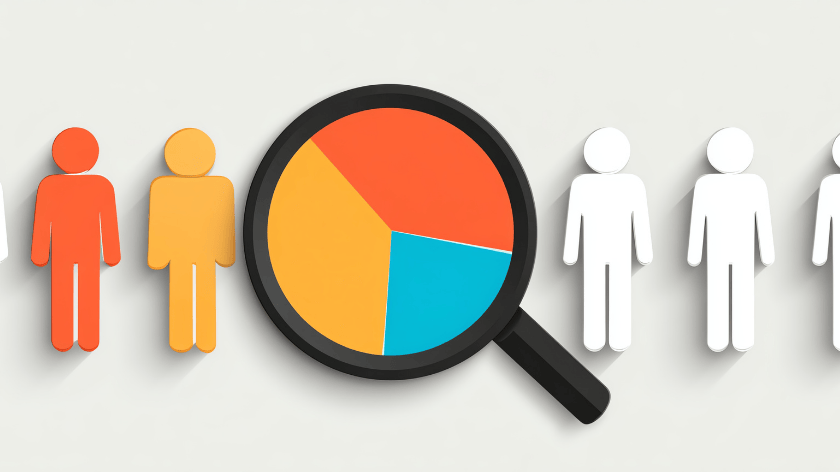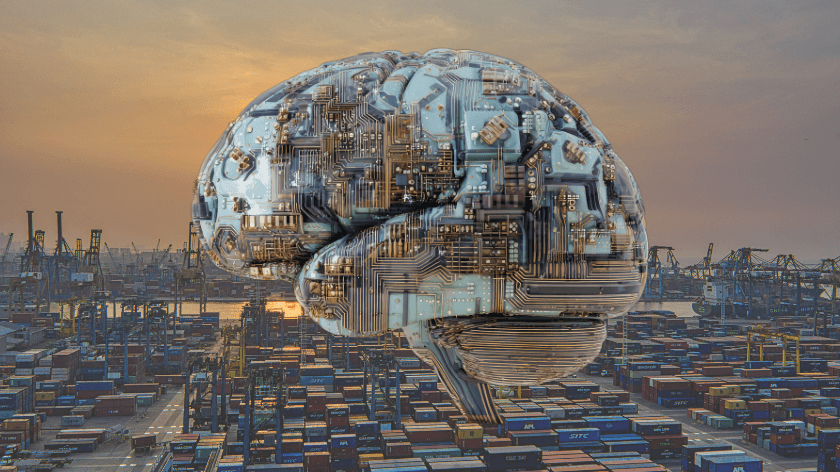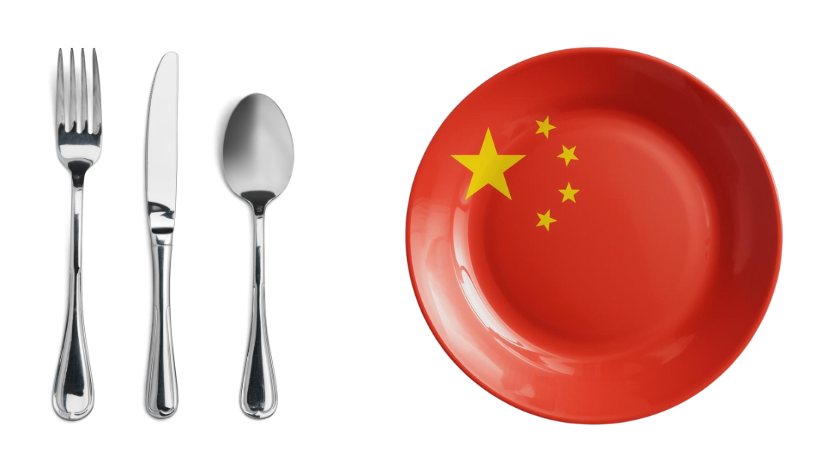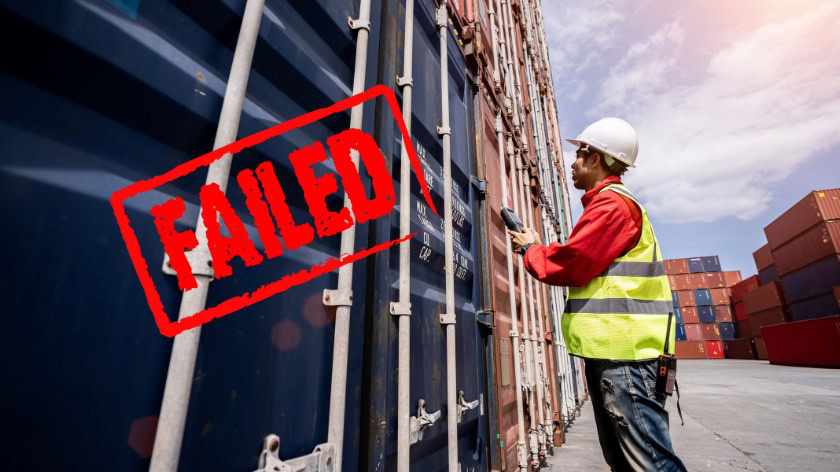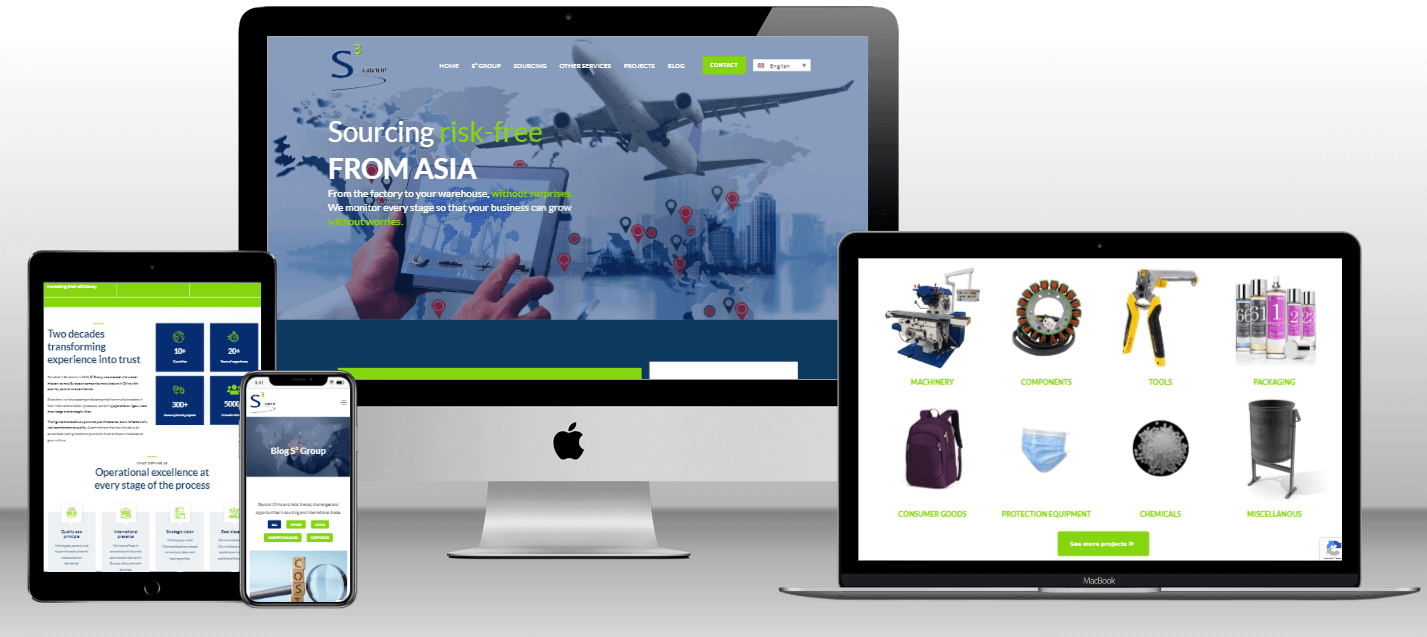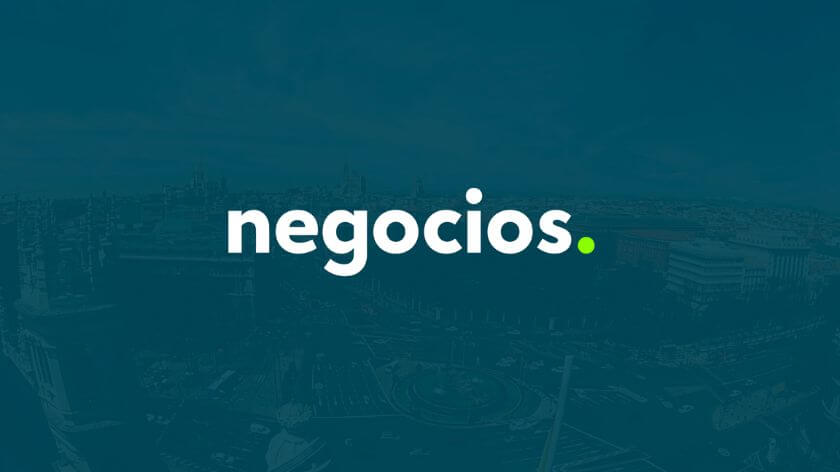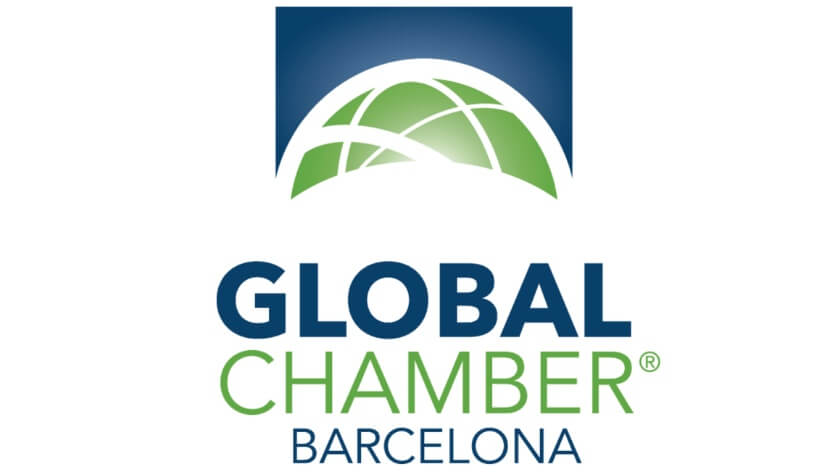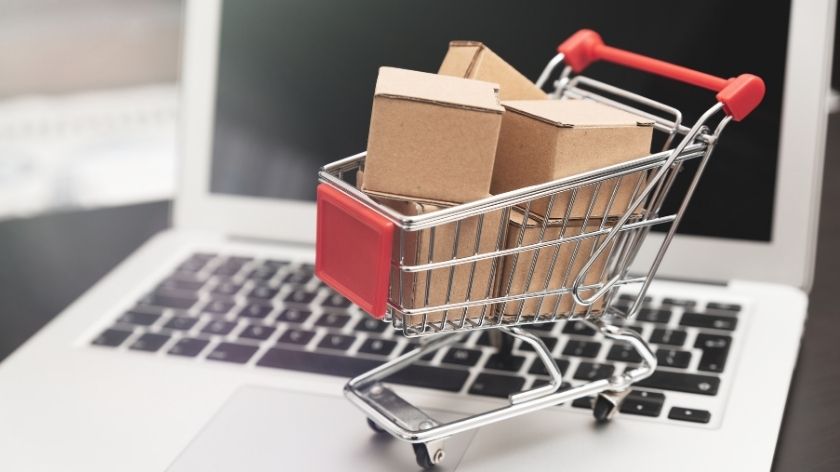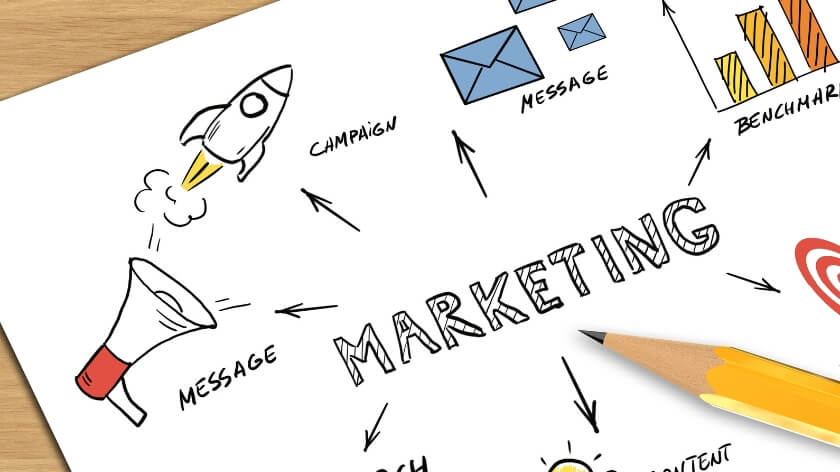There is no need to wait until the end of the year to draw certain conclusions about the consumer trends we are (and will continue to) experience. Society is undergoing a structural change in its purchasing habits that combines digitalisation, sustainability and new consumer expectations. By 2025, purchasing decisions will no longer depend solely on price, but on factors such as transparency, environmental commitment and personalisation.
This indisputable reality presents both challenges and opportunities. Adapting to sustainability demands and complying with increasingly strict regulations will be key to maintaining competitiveness and building strong customer relationships.
Changing purchasing habits
European consumers combine convenience with social awareness. According to McKinsey, more than 70% expect seamless omnichannel experiences, which has accelerated the integration of physical and digital commerce. At the same time, the European Commission notes that 42% of EU households already take carbon footprint into account when shopping.
This change is forcing brands to rethink their strategies. Authenticity, transparency and added value beyond the product itself are elements that will define purchasing decisions in 2025.
The rise of responsible consumption
Consumers are looking for brands that align with their values. This is reflected in a greater interest in aspects such as recyclable packaging and supply chains with reduced environmental impact. Loyalty no longer depends solely on quality, but also on companies' social and environmental commitment.
Sustainability = brand momentum
Sustainability has gone from being a differentiating factor to becoming a minimum expectation. According to Statista, the European market for sustainable goods will exceed £150 billion in 2025. Certifications such as FSC, CE, UKCA and ECOCERT reinforce consumer confidence and become decisive purchasing criteria.
Companies that do not integrate environmental and social standards into their strategy risk losing relevance. The pressure comes not only from consumers, but also from EU regulations that make transparency in the value chain mandatory.
In the case of companies that import from countries where sustainability is not yet widespread, such as China, there are equally valid alternatives: opting for recyclable packaging or promoting strategies with a positive impact on the environment, such as allocating part of the profits to tree planting.
China and sustainability: a challenge and an opportunity
We have already discussed on other occasions the difficulty China has in breaking away from certain stereotypes... and the same is true when it comes to the environment. There is a widespread perception that China and sustainability do not go hand in hand, due to cases of intensive production and high levels of emissions. However, this view is changing. More and more Chinese manufacturers are investing in renewable energy, applying circular economy standards and adopting certifications such as ISO 14001, FSC or Global Recycled Standard (GRS), which are recognised in Europe.
For companies that import products, the challenge lies in identifying and auditing those suppliers that truly comply with environmental and social criteria. Choosing Chinese factories that already work with recycled materials, eco-friendly packaging and digital traceability not only allows them to comply with European regulations, but also offers a competitive advantage over competitors who continue to base their strategy solely on price.
Technological innovation and personalisation
Artificial Intelligence and big data make it possible to anticipate needs and offer personalised experiences. According to PwC, 55% of European online shoppers expect recommendations based on their habits. Personalisation is not optional: it is a requirement for competing in a saturated market.
Brands that invest in advanced analytics can detect emerging trends, adjust their offerings in real time and build more relevant and engaging experiences for their customers.
In importing, digital tools are key. Blockchain traceability and predictive AI systems help optimise inventories and reduce logistical risks. These advances make it possible to respond quickly to cost fluctuations and regulatory changes, which are decisive factors in international trade.
Importers and manufacturers in a demanding market
The EU Due Diligence Directive requires companies to monitor environmental and social compliance throughout the supply chain. For importers, this means strengthening controls, auditing suppliers and ensuring transparency at every stage of the production process or, failing that, having a sourcing partner who takes care of these tasks.
Regulatory compliance is no longer an option: it is a condition for operating in the European market. Those who fail to comply risk sanctions and a loss of consumer confidence.
Collaboration for innovation
Cooperation between importers and manufacturers, especially in Asia, is essential for developing products in line with European trends. Recyclable packaging, alternative textile fibres and low-energy electronic devices are some examples of joint innovation that are already making a difference in the market.
China's role in European consumption 2025
China remains the European Union's largest supplier, accounting for more than 20% of total imports according to Eurostat (2024). The competitiveness of its manufacturers is based not only on costs, but also on their ability to adapt quickly to sustainability requirements and international certifications. Many factories already integrate AQL audits, CE/UKCA safety tests and digital traceability systems to meet European demand.
For importers, this presents a twofold opportunity: to take advantage of the flexibility of Chinese industry to produce innovative goods and, at the same time, to diversify risks by selecting suppliers that meet ESG (environmental, social and governance) criteria. Those who manage this relationship strategically will be able to guarantee continuity of supply and position themselves as trusted partners for European consumers.
Future opportunities and challenges
Complying with certifications and regulations increases production costs, but it also opens doors to consumers willing to pay more for responsible brands. According to recent data, a loyal customer can be up to 60% more profitable than a casual one, making investment in sustainability a factor in long-term profitability.
Differentiation strategies
Companies no longer need to just create their own brand to stand out from their competitors. Current consumer trends confirm that sustainability, technology and transparency are no longer optional, but the basis for competing in Europe.
At S³ Group, we help importers and brands anticipate these demands by selecting reliable suppliers, managing audits and ensuring regulatory compliance at every stage of the supply chain. Our goal is to turn market challenges into real opportunities for growth and differentiation for our customers.

